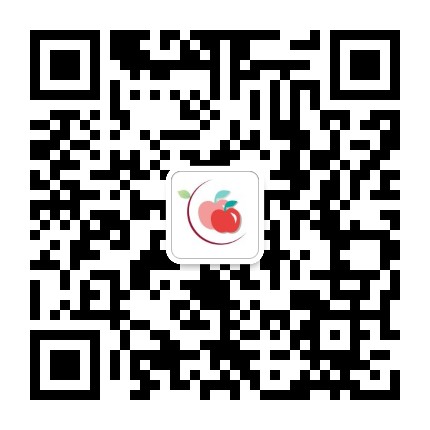Introduction
Have you ever wondered why some iOS apps are not available in the App Store? The answer lies in the process of iOS signatures also known as Apple Signings. In this article, we will dive deep into the world of iOS signatures and everything you need to know about them.
What are iOS Signatures?
iOS signatures or Apple Signings refer to the process of digitally signing an iOS app and making it available for installation on iOS devices. Each iOS app has a unique signature that ensures that it is authentic and has not been tampered with. Apple uses a system of certificates and provisioning profiles to create iOS signatures.
Types of iOS Signatures
There are two types of iOS signatures: development and distribution. The development signature is used during the app development process and allows the app to be installed on test devices. The distribution signature, also known as the production signature, is used when the app is ready for release and allows it to be installed on devices via the App Store or enterprise distribution.
Creating iOS Signatures
To create an iOS signature, developers need to enroll in the Apple Developer Program and create a certificate and provisioning profile. The certificate is a digital key that is used to sign the app, while the provisioning profile sets up the app’s entitlements and permissions. Once the certificate and provisioning profile are created, they need to be added to the Xcode project and used to sign the app.

App Store iOS Signatures
When an iOS app is submitted to the App Store, Apple reviews the app to ensure that it meets the App Store Guidelines. Once approved, Apple adds its own signature to the app, which allows it to be installed on devices via the App Store. The user’s device then verifies the signature to ensure that it is genuine before allowing the app to be installed.
Enterprise iOS Signatures
Enterprise iOS signings are used for in-house or internal distribution of apps within a company or organization. To create an enterprise iOS signature, developers need to obtain an enterprise account with Apple and create an enterprise distribution certificate. The certificate is then used to sign the app, which can then be distributed to employees within the organization.
Jailbreaking and iOS Signatures
Jailbreaking refers to the process of removing the limitations placed on iOS devices by Apple. Jailbroken devices can install apps from outside the App Store and can bypass iOS signatures. However, jailbreaking also exposes the device to security risks and can lead to compatibility issues with iOS updates.
Conclusion
Overall, the world of iOS signatures is vital to the iOS app ecosystem. Without proper iOS signatures, apps can be dangerous or fraudulent to users. It’s important for developers to understand the process of iOS signings and ensure that their apps are properly signed and distributed via official channels. With this knowledge, users can trust that the apps they download are authentic, secure, and compatible with their iOS devices.



